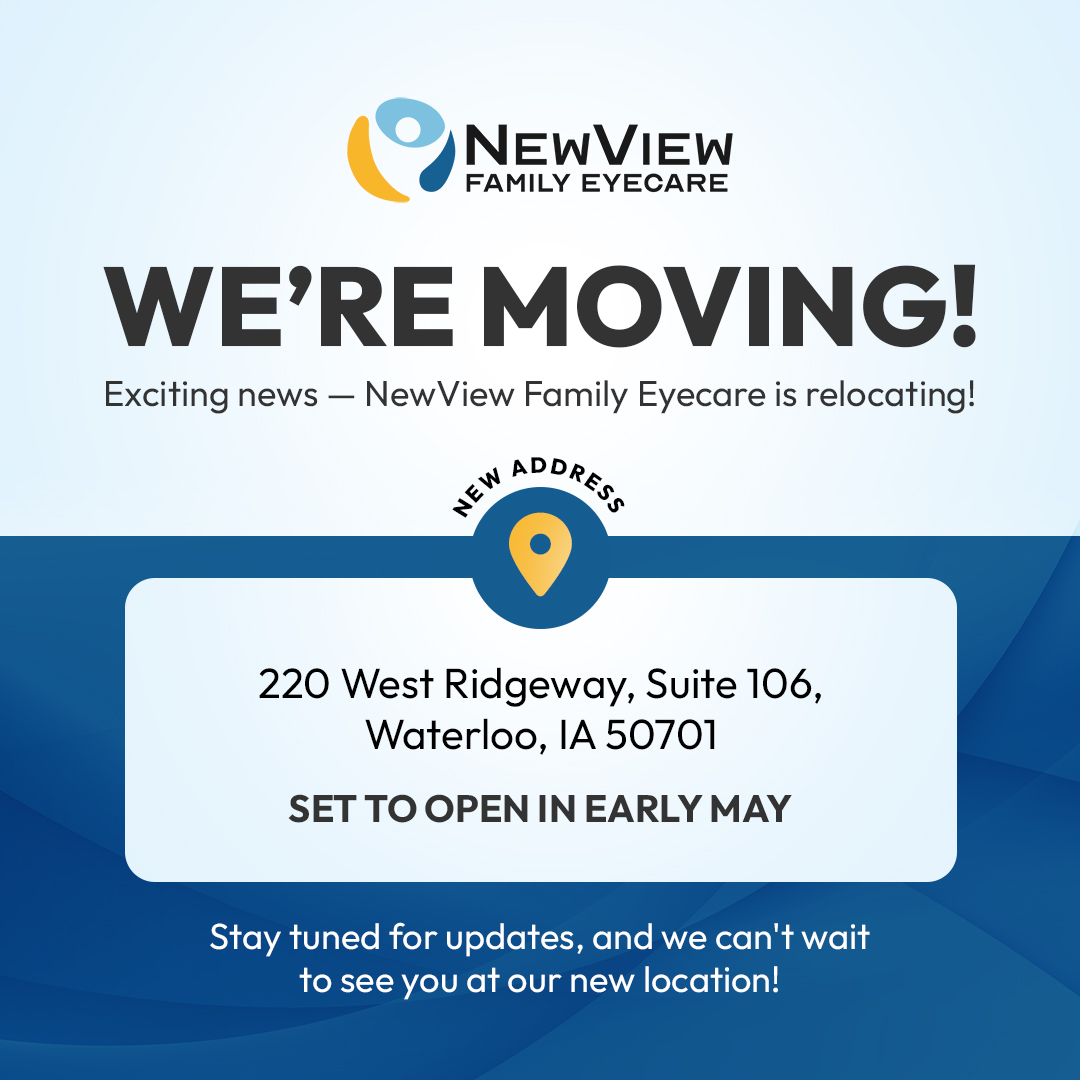
In the grand scheme of things, our eyesight plays a crucial role in our daily lives. It aids us in basic activities such as reading, driving, and even in complex tasks that require precision and focus. As we age, our vision naturally declines. However, regular eye exams can help maintain our vision, ensuring that we continue seeing clearly for as long as possible.
The Relationship Between Clear Vision and a Better Quality of Life
Seeing clearly significantly affects our quality of life. It enables us to perform everyday tasks efficiently, contributes to our mental wellbeing, and allows us to appreciate the beauty of our surroundings.
Having clear vision means being able to read, write, drive, and work without difficulty. It also means being able to participate in your favorite pastimes, whether that's painting, knitting, or playing sports.
From a mental wellbeing perspective, seeing clearly is crucial. Vision problems can lead to headaches, fatigue, and difficulty concentrating. Moreover, it can cause frustration and negatively impact one's self-confidence.
Finally, seeing clearly allows us to appreciate the beauty of the world around us. The colors of the fall leaves, the details of a painting, the twinkle in a child's eyes—these are all things we can enjoy fully because of our ability to see clearly.
What Happens During an Eye Exam?
An eye exam is a thorough examination that involves various tests to evaluate the overall health of your eyes. You might be wondering, What exactly happens during an eye exam?
First, your optometrist will review your medical history. This includes any vision problems you might have, medications you are taking, and your overall health condition. This information is vital, as it helps the optometrist understand any risk factors that might affect your eye health.
Next is the vision test. This involves reading a standard eye chart to determine your visual acuity. This test helps the optometrist identify if you have refractive errors such as nearsightedness, farsightedness, or astigmatism.
Lastly, a detailed examination of your eye is conducted. This includes checking your eye pressure, examining your retina and optic nerve, and assessing your eye's overall health. This part of the exam is crucial for the early detection and intervention of potential eye diseases.
Early Detection and Intervention of Potential Eye Problems
One of the key benefits of regular eye exams is the opportunity for early detection and intervention of potential eye problems. Many eye diseases, such as glaucoma, macular degeneration, and diabetic retinopathy, often have no noticeable symptoms in their early stages. By the time symptoms do appear, it may be too late to prevent significant vision loss.
Early detection of these conditions through regular eye exams allows for intervention before severe damage occurs. Treatment options can be more effective when initiated early, and in some cases, vision loss can be prevented.
How Often Should You Get an Eye Exam?
The frequency of eye exams depends on several factors, such as your age, overall health, and risk of developing eye diseases. As a general guideline, adults should have an eye exam at least every one to two years. However, if you have a family history of eye diseases, have a chronic disease like diabetes, or are over the age of 60, you may need to have eye exams more frequently.
Children should also have regular eye exams. Vision problems can interfere with their learning and development. Therefore, it's recommended that children have their first eye exam at six months of age, another one at three years, and then before they start school.
Your optometrist is the best person to determine how often you should have an eye exam. Regular check-ups ensure that any changes in your vision or eye health are detected and treated promptly.
Seeing Clearly and Living Fully
Seeing clearly is vital to our quality of life. It allows us to perform daily tasks, contributes to our mental wellbeing, and lets us appreciate the beauty of the world. Regular eye exams are key to maintaining good eye health, enabling early detection and intervention of potential eye problems, and even detecting signs of other health conditions.
If you want to continue seeing clearly and living fully, make regular eye exams a part of your health routine. To schedule your next eye exam, visit NewView Family Eyecare at our office in Waterloo, Iowa. Please call (319) 236-2020 to book an appointment today.








